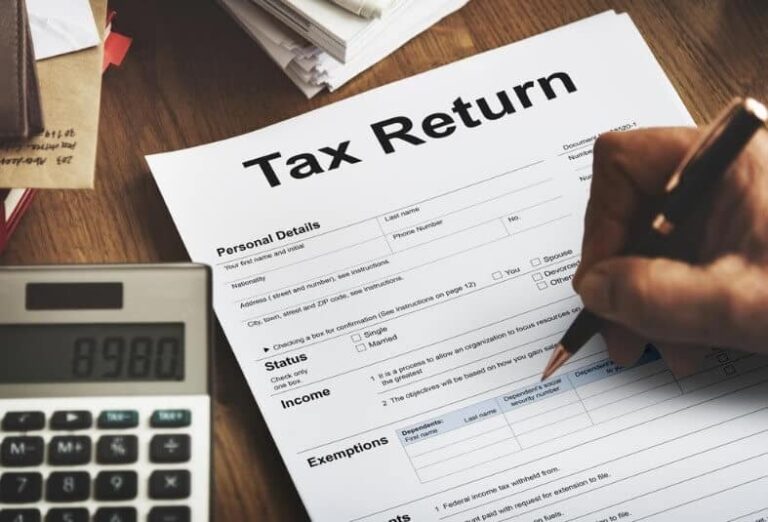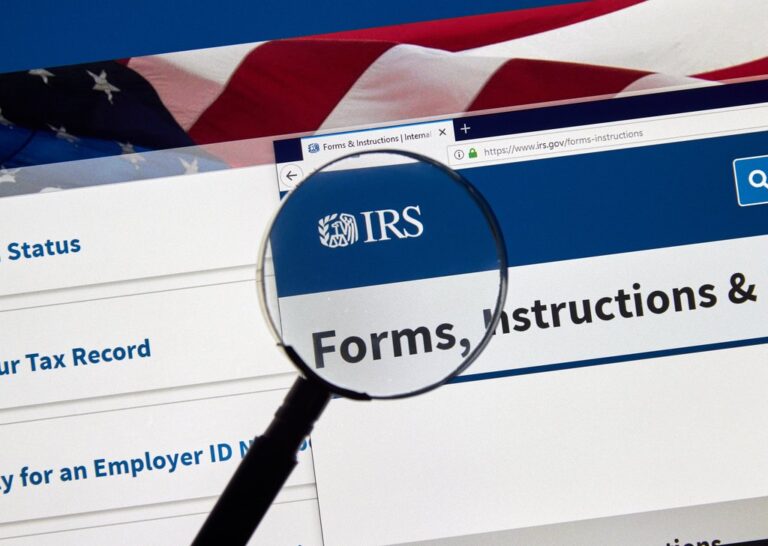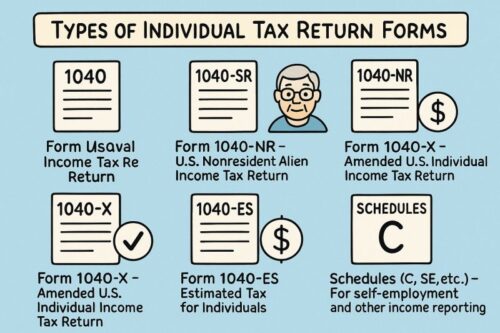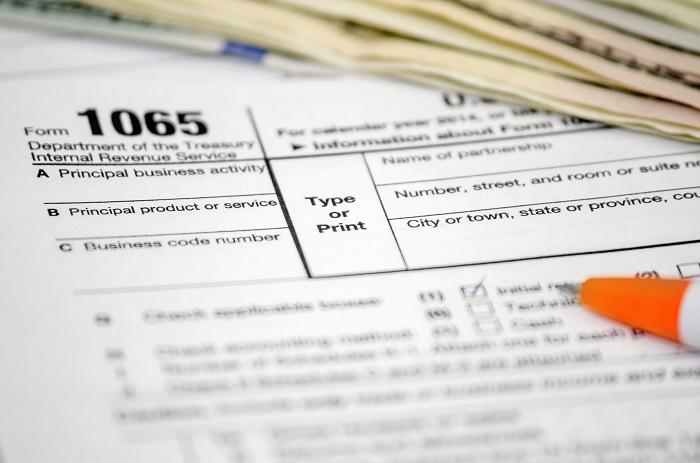What is Gross Income? A Simple Guide.
Overview of Gross Income:
Let’s break down a big tax concept, gross income, in simple words. If you earn money, you need to know what gross income is because it’s the starting point for figuring out your taxes.
What Does Gross Income Mean?
Gross income is all the money you make from any source. Think of it like this:
Every paycheck you get
Every dollar from a side hustle
Money from investments like stocks or rent
Even winnings from a lottery or game
All this adds up to your gross income. The government looks at this total to decide how much tax you should pay.
What Counts as Gross Income?
Here’s a simple list of things that are part of gross income:
1. Your Salary or Wages: What you earn at work, including bonuses and tips.
2. Money from a Business: If you run a shop or a side business, the money you make before paying bills.
3. Investments: Interest from savings, dividends from stocks, or selling something for more than you paid for it.
4. Rent Money: If you rent out property, that income counts.
5. Retirement Payments: Pensions, Social Security (sometimes), or withdrawals from retirement savings.
6. Unemployment Payments: If you get unemployment benefits, they’re usually taxable.
7. Other Income: Winning a prize, getting money for jury duty, or forgiven debts all count too.
What’s NOT Part of Gross Income?
Some money you get is not taxed. Here are common examples:
Gifts or Inheritances: If someone gives you money or property, you don’t pay taxes on it.
Life Insurance: Money paid out when someone passes away isn’t taxed.
Scholarships: If used for school expenses like tuition, it’s tax-free.
Some Employer Benefits: Things like health insurance or retirement contributions from your boss.
Interest on Municipal Bonds: If you invest in certain government bonds, the interest isn’t taxed.
Why Does Gross Income Matter?
Your gross income is like the starting point of a math problem. The IRS takes your gross income and subtracts certain expenses to figure out your taxable income. This final number is what your taxes are based on.
For example:
If you make $10,00,000 in a year but spend $2,00,000 on tax-deductible things, your taxes are calculated on $8,00,000, not the full amount.
How to Stay on Top of Gross Income
1. Track Everything: Keep a record of all the money you earn, whether it’s from work, investments, or side jobs.
2. Save Receipts: For expenses like donations or medical bills, which might lower your taxes.
3. Get Help If Needed: Tax professionals or apps can make things easier and help you avoid mistakes.

In Short:
Gross income is all the money you earn before taxes. The IRS uses it to calculate how much tax you owe. Some income is taxable, and some isn’t. Knowing the difference helps you pay only what you should—and nothing extra!








I am extremely inspired together with your writing skills and also with the structure on your blog. Is that this a paid theme or did you customize it your self? Anyway stay up the excellent high quality writing, it is rare to see a great weblog like this one nowadays!